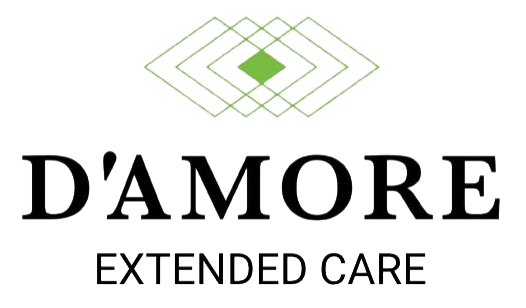
Get help For Mood Disorders
Mood disorders can be deeply challenging, but with the right treatment and support, regaining a balanced and joyful life is attainable. At D’Amore Extended Care, we stand ready to deliver top-tier outpatient treatment for mood disorders in Orange County, CA. Leveraging evidence-based therapies, practical coping techniques, and holistic approaches, we empower individuals to confront and overcome their mood disturbances, leading them towards a life of fulfillment and well-being.
At D’Amore Extended Care, we are passionate about providing tailored and compassionate care for those seeking treatment for mood disorders in Orange County, CA. Our devoted ensemble of mental health professionals, therapists, and support staff is committed to accompanying you on your path to recovery.
































